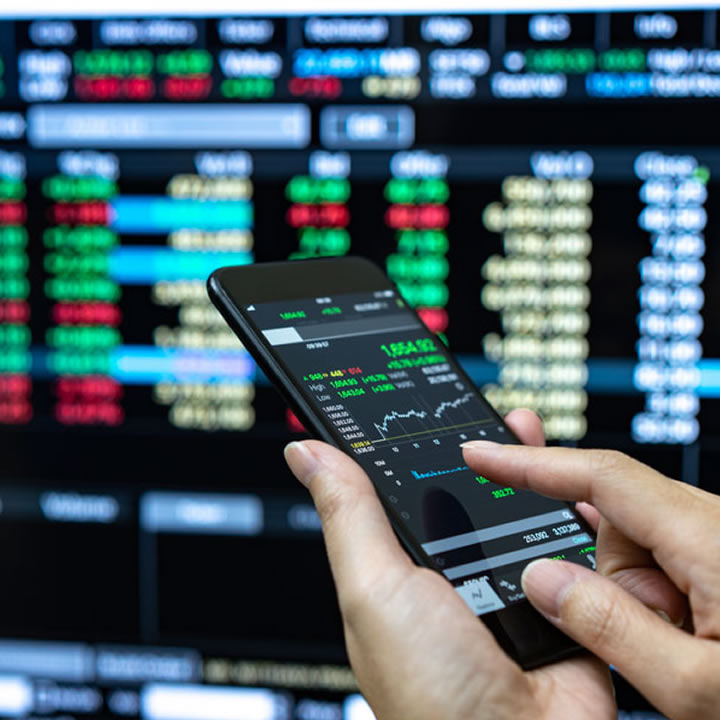Making moves in the financial market is never without risk. You can, of course, do some research, lean on past experiences, and follow the latest trading signals to give yourself a better chance of making the right moves.
However, when everything is equal, no one can say with 100% certainty that a trade is going to return a profit.
There are always risks when it comes to trading. However, it’s also fair to say that there are times when trading stocks, for example, might be a better financial move than other options.
And, assuming it is a potentially opportune time to trade, some options might be better than others. For example, given the current financial climate, a flexible trading strategy seems prudent.
Flexible Options During Uncertain Economic Times
The AvaTrade contracts for difference (CFD) platform allow you to trade stocks in hundreds of companies, including Amazon, Apple, Barclays, and more. The interesting thing about CFDs is that you can go long or short.
This means you can speculate on the value of the shares increasing or decreasing. You can do this because you’re trading a “contract” based on the underlying asset’s price. You don’t own the underlying asset (i.e. the shares), which is why you can go long or short.
This is useful during unpredictable times. We know that the global economy is in a precarious place as we move into the latter part of 2022. Inflation in the UK reached 7.9% in May 2022. In the US, it hit 9.1% in June 2022.
The cost of living vs. the spending power of people’s savings is one of the main reasons more people are thinking about trading.
Although banks such as Al Rayan Bank are aiming to offset the current economic situation with new savings products, the interest rates are still trailing inflation rates.
A customer’s savings are guaranteed, as is the 1.6% interest rate. The same can’t be said for the money you put into a trading account. The value of your holdings can increase or decrease, as we’ve said.
However, the upside has the potential to be much greater with a trading account. For example, the average 10-year return for Amazon stocks is 26%. Therefore, in the battle to offset rising inflation, trading certainly has advantages over saving.
Assess the Barriers to Entry and Investment Potential
The same could be said for the property. Although the barrier to entry is high (i.e. the cost of the property can be six-figure sums), the returns can be substantial. For example, in the UK, the average asking price for houses increased by 9.3% to £369,968.
As an investment, that kind of increase would be enough to beat inflation. Like trading, there are no guarantees the housing market will always be strong. The real problem, however, is the cost.
Obtaining a mortgage or having the capital to buy property may be beyond most people.
Trading may be a more accessible way to take on inflation. It might not be the best option, but the barriers to entry are comparatively low with regard to the amount of starting capital you need.
Add to this the fact you could make greater returns than a standard savings account, and trading during uncertain economic times might not be such a bad idea, as long as you’re willing to accept the risks.

